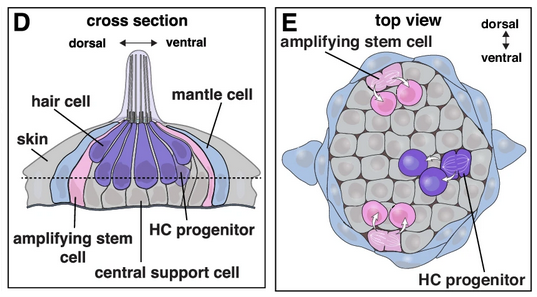By Mitch Shapiro
Ahead of the upcoming school year, Help America Hear is proud to announce our 2021–2022 school year scholarship winners. This scholarship originated in 2011 as an educational component of Help America Hear, a nonprofit whose mission is to provide hearing aid assistance, and formerly known as the Foundation for Sight and Sound.
While on average we would receive an average of 23 submissions each year, this year we had an overwhelming response with 63 submissions.
The scholarship program is an annual nationwide contest offering assistance to high school seniors with hearing loss who are starting their first year of college. The scholarship provides financial awards of $2,000 each and a pair of state-of-the-art ReSound hearing aids. Hearing aids are based on audiological evaluation and need (if the age of their current devices is over three years). Because of the overwhelming response this year, we have 15 winners, five each who received hearing aids only, cash only, or a combination of the two.
The scholarship focuses on an essay written by the students and judged by an independent group of individuals selected by Help America Hear and which this year included Christopher Geissler, Ph.D., Hearing Health Foundation’s director of program and research support. Each of the judges volunteered their time to evaluate the students’ essays and other supporting materials, scored with a point system.
We thank the volunteer judges and GN ReSound for their time and generosity. We believe in the value of higher education and helping students with hearing loss reach their potential. Congratulations to all of this year’s winners!
Scholarship Winners
Mallory Bell of Florida, University of West Florida
Ian Blechacz of Wisconsin, Shepherds College
Charles Brady of Oklahoma, University of Oklahoma
Brandon Ivaroni of New York, University of Rhode Island
Michael Ivaroni of New York, State University of New York at Cortland
Sophia Lin of Washington, University of Washington
Anna Nack of Virginia, attending Rochester Institute of Technology
Nicholas Pannzarino of New York, Lynn University
Noah Ramos of New York, Hofstra University
Jacob Shanahan of Ohio, University of Akron
Mackenzie Shankle of Wisconsin, University of Wisconsin
Ashton Turkally of Colorado, Metropolitan State University of Denver
Jadyn Wells of Texas, University of Arkansas
Callie Welty of Texas, Texas A&M University
Noah Ziegler of Nebraska, University of Nebraska at Omaha
Mitch Shapiro is the founder and CEO of Help America Hear. For more, see helpamericahear.org.







Before I discovered CART, I often felt left out, despite being physically present. This gap in awareness affects thousands of people. That’s why I speak up, because access delayed is opportunity denied.